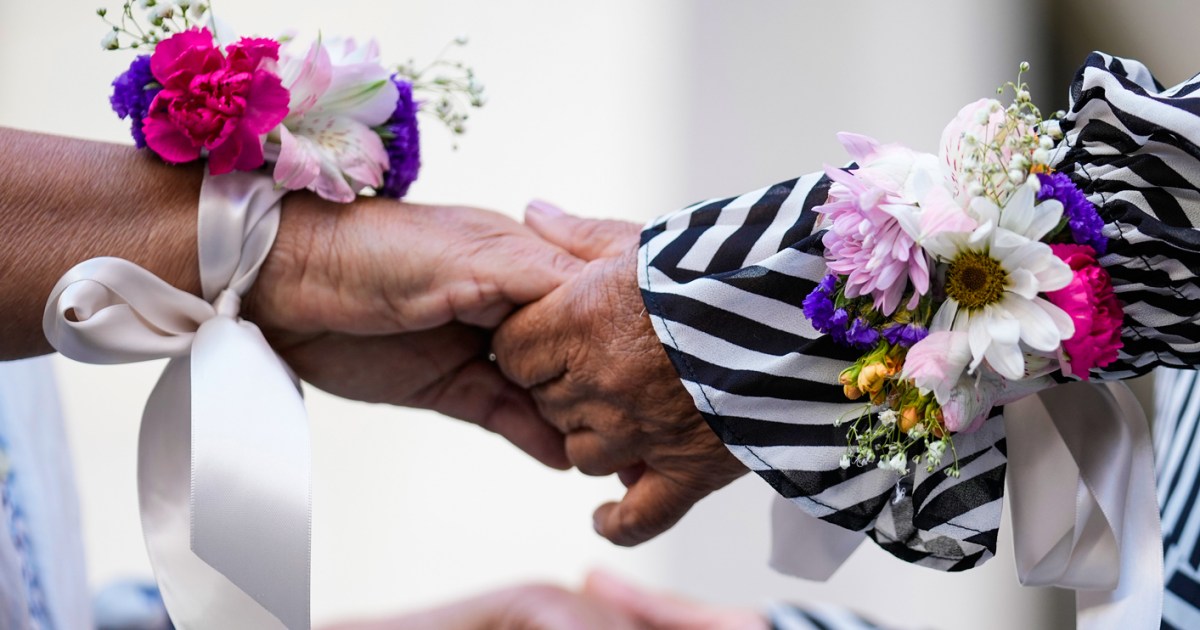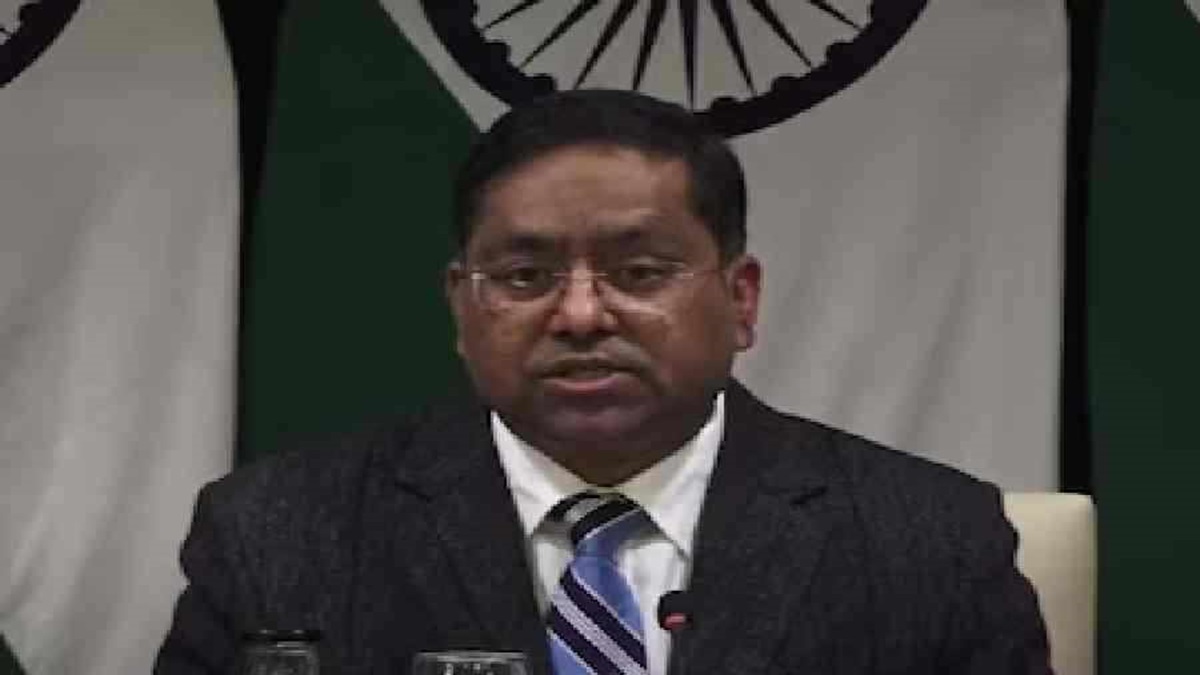Her title isn’t extensively recognized as we speak, however she might have been essentially the most well-known girl of the nineteenth century. Sarah Josepha Hale was the editor of America’s first nationwide girls’s journal and used her platform to advance causes that had been near her coronary heart. One led on to President Abraham Lincoln issuing his Thanksgiving proclamation within the midst of our nation’s bloodiest battle—the Civil Battle—and earned her the nickname “the Godmother of Thanksgiving.”
Hale was born in 1788 in Newport, New Hampshire, the daughter of oldsters who had been sturdy advocates for the schooling of each sexes. On the time, not a single school within the nation accepted girls. That did not deter Hale’s mother and father: She received a first-rate schooling because of a rigorous homeschooling routine, and when her brother went off to Dartmouth, he would come house on holidays and educate his sister every part he had discovered, making Hale one of the vital extremely educated girls within the nation.
“By the early 1820s, Hale was fortunately married with 4 youngsters and a fifth on the best way,” Melanie Kirkpatrick, writer of Girl Editor: Sarah Josepha Hale and the Making of the Fashionable American Girl, informed Our American Tales, iHeart’s nationally syndicated storytelling present and podcast. “When her husband died all of a sudden, she had no means of constructing a dwelling and was determined to determine a approach to earn sufficient cash to each maintain her youngsters and educate them the best way she and her husband had aspired.”
One of many careers open to girls on the time was writing, and Hale would show to be a prolific one. Most notable among the many 129 books she wrote or edited was Northwood, an anti-slavery novel that preceded Harriet Beecher Stowe’s Uncle Tom’s Cabin by 20 years. One in every of her poems was printed within the first-ever American songbook for youngsters, memorialized by Thomas Edison in his first-ever audio recording in 1877: “Mary Had a Little Lamb.”
Hale would quickly discover herself turning a startup journal right into a nationwide powerhouse, Godey’s Girl’s Guide, with a circulation giant sufficient to make her an influential voice of her age. “She would use her journal to develop concepts that had been vital to her,” Kirkpatrick mentioned. “She believed that the Revolution had unified the nation politically however not culturally. That we nonetheless seemed towards Britain and towards Europe for our cultural norms.”
Photograph by Kean Assortment/Archive Photographs/Getty Photographs
However it’s Hale’s function in turning Thanksgiving right into a nationwide vacation which may be an important of her many contributions to American life. There had been Thanksgiving proclamations earlier than in American historical past—George Washington issued one—however the vacation was celebrated at totally different instances of the 12 months, with dates set by the states and governors.
“There was no unified date for Thanksgiving. It might be celebrated any time between September and December,” Kirkpatrick mentioned. “There was a humorous saying again then that for those who deliberate your itinerary fastidiously sufficient, you could possibly have Thanksgiving dinner each week between Election Day and Christmas Day.”
She continued: “Hale believed Thanksgiving might be a unifying power in American life. The affect on household reunion, beneficiant beneficence to the poor and public acknowledgment to the divine being who shapes the destinies of the nation—all mixed to strengthen and purify the character of our republican authorities.”
Hale additionally noticed this as a patriotic vacation. On the time, America had solely two: Washington’s birthday (February 22) and Independence Day (July 4). Thanksgiving, Hale hoped, might be America’s third.
She began her marketing campaign in 1847, arguing that the final Thursday of November ought to be the day of nationwide Thanksgiving. It included letters to each governor, congressman and even the president on the time. Her enchantment was rejected, principally with kindness, by nationwide and native figures alike.
“To a person, they mentioned they favored the thought, however the Structure did not allow the president to name a nationwide Thanksgiving. That was the job of the governors,” Kirkpatrick mentioned. “There was additionally a priority about it being a non secular vacation and due to this fact inappropriate for the president to get entangled with.”
One rejection letter was much less swish. Henry Sensible, the pro-slavery governor of Virginia, thought Hale was championing a “damned Yankee vacation,” a “theatrical nationwide claptrap of Thanksgiving, which has aided different causes in setting hundreds of pulpits to preaching ‘Christian politics.'”
Hale was not deterred. In 1860, she penned this editorial:
Every part that contributes to bind us in a single huge empire collectively, to quicken the sympathy that makes us really feel from the icy North to the sunny South that we’re one household, every a member of a fantastic and free Nation, not merely the unit of a distant locality, is worthy of being cherished. We’ve sought to reawaken and improve this sympathy, believing that the high quality filaments of the affections are stronger than legal guidelines to maintain the Union of our States sacred within the hearts of our individuals…. We imagine our Thanksgiving Day, if mounted and perpetuated, might be a fantastic and sanctifying promoter of this nationwide spirit.
The unity Hale hoped for was blown aside by the bombardment of Fort Sumter, however her resolve solely strengthened. In 1863, not lengthy after the Battle of Gettysburg, Hale lobbied Lincoln with a letter outlining her case for a Nationwide Day of Thanksgiving. In contrast to the numerous politicians she’d petitioned up to now, Lincoln responded with a superbly written proclamation to a nation burdened with the loss and grief of warfare.
“He opened by speaking about our stunning nation, and he strikes on to how we have to give because of our creator for our nation and its blessings,” Kirkpatrick mentioned. Then got here this beautiful passage:
No human counsel hath devised nor hath any mortal hand labored out these nice issues. They’re the gracious items of the Most Excessive God, who, whereas coping with us in anger for our sins, hath however remembered mercy. It has appeared to me match and correct that they need to be solemnly, reverently, and gratefully acknowledged, as with one coronary heart and one voice, by the entire American individuals. I do due to this fact invite my fellow-citizens in each a part of the USA…to set aside and observe the final Thursday of November subsequent as a day of thanksgiving and reward to our beneficent Father who dwelleth within the heavens.
Getting Lincoln’s blessing would have been sufficient for many mortals. However in 1871, Hale started a brand new marketing campaign to have the nationwide Thanksgiving Day proclaimed by an act of Congress. Seventy years later, the U.S. Senate and Home handed a invoice establishing Thanksgiving as a nationwide vacation, to be held on the fourth Thursday of November. On November 26, 1941, President Franklin Delano Roosevelt signed the invoice into regulation.
Hale did not dwell to see it occur. She died in 1879 on the age of 91, however she witnessed many constructive modifications in America, a few of which she championed.
“As all of us collect on Thanksgiving Day, Hale goes to be the unseen presence at our desk,” Kilpatrick mentioned. “I hope all of us take a second to thank her for her creativity and persistence in making this a fantastic American vacation.”
Unusual Data
Newsweek is dedicated to difficult typical knowledge and discovering connections within the seek for widespread floor.
Newsweek is dedicated to difficult typical knowledge and discovering connections within the seek for widespread floor.





















